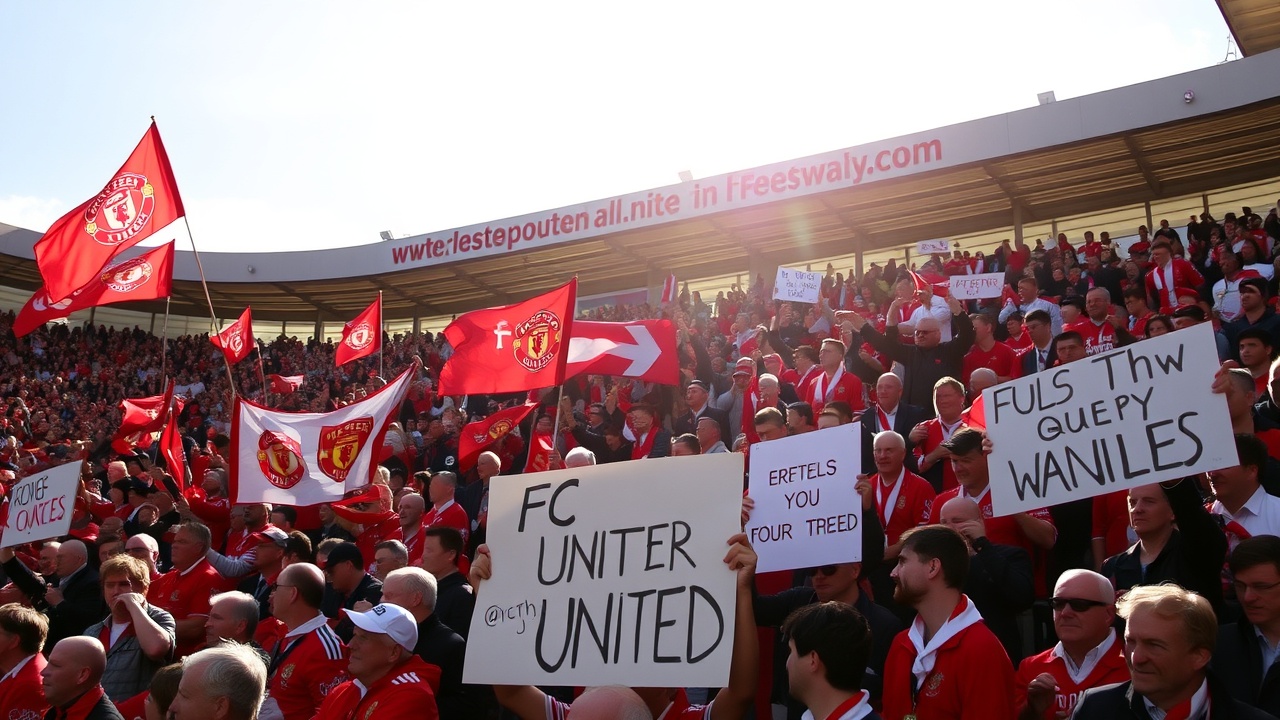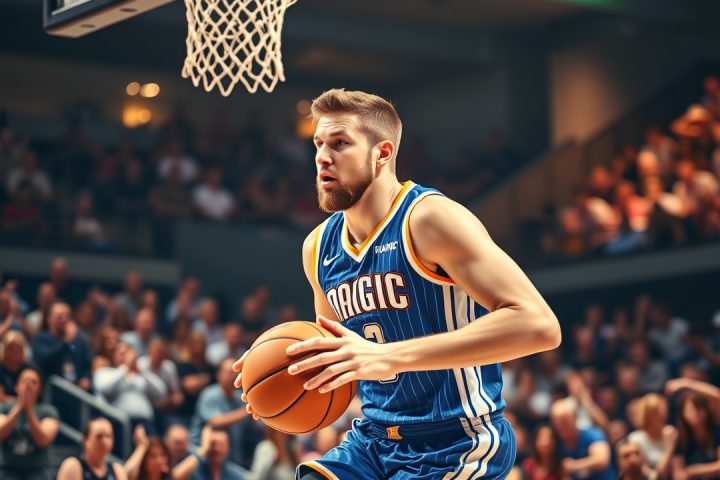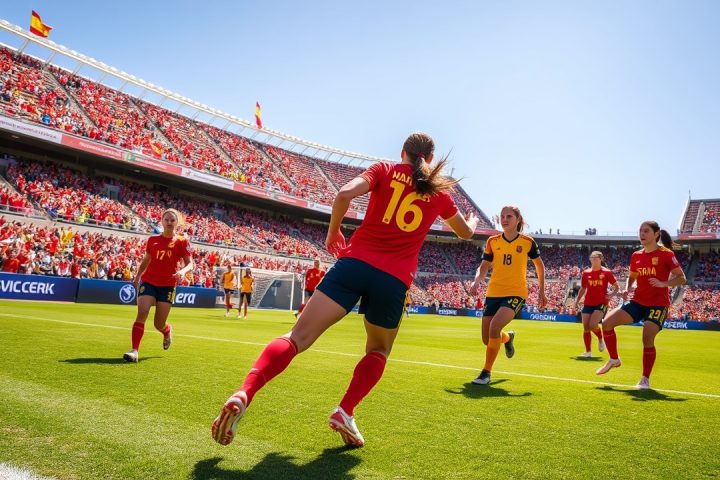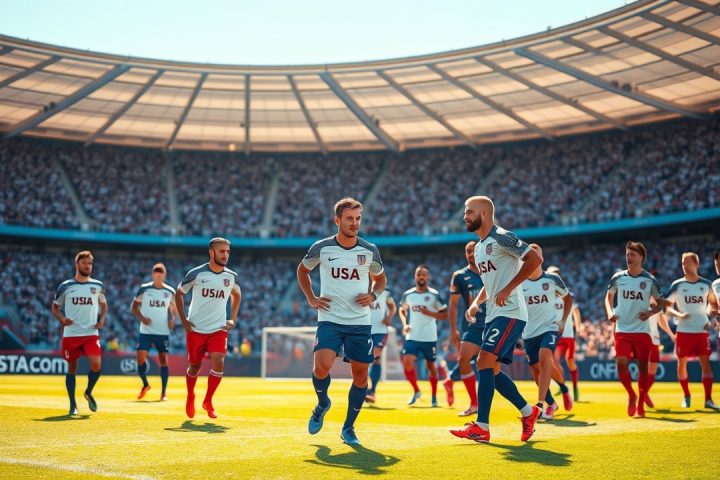Unwavering Loyalty of Football Fans
“You can change your wife, your politics, your religion, but never, never can you change your football team.”
However, supporters of FC United of Manchester represent a unique counter-narrative. Disillusioned by the commercial shift at Manchester United after the Glazer family’s controversial takeover in 2005, these fans created a new football club that truly reflects their values and even welcomed Eric Cantona into their fold.
The Birth of FC United
The turning point for these supporters came when the Glazers’ takeover burdened Manchester United with massive debt, leading to a grim period. Dissatisfaction brewed among the fanbase, culminating in a meeting at a curry house the day after the Glazers’ acquisition. This meeting led to further gatherings that would eventually birth FC United of Manchester.
Established on June 14, the club vowed to prioritize fan ownership, inclusivity in decision-making, and avoid commercial exploitation. Founding member Adrian Seddon described the takeover as the “Big Bang” that sparked the formation of the new club.
Initial Challenges and Community Spirit
Just a month after its formation, FC United played its first friendly match against local team Leigh RMI before officially joining the North-West Counties League. Lacking a home pitch initially, they received support from Bury FC, allowing them to play at Gigg Lane. Now, FC United boasts over 2,000 members, including Cantona, who joined with his family in April.
Membership fees are kept at a modest £25 per year, ensuring every member has a vote on key issues such as kit designs and ticket pricing. This marks a stark contrast to operations in the upper echelons of English football, where financial strains continue to mount.
At FC United, the atmosphere is familial and democratic; the fan experience harkens back to the roots of community football. With ticket prices significantly lower than those at Old Trafford, families can attend games together, and the tradition of standing on terraces while enjoying refreshments is alive and well.
Building a New Legacy
Former board member George Baker recalls how unattainable season tickets at Old Trafford felt back when FC United was founded. The spirit of fan ownership and community has become a beacon for similar movements around the world, garnering attention from supporters globally.
Though initially viewed by some as betraying Manchester United, FC United has fostered a cooperative relationship with dissenting groups protesting against the Glazers. Board member Paul Hurst articulated this sentiment:
“Manchester United is as important as ever to us,”
reflecting the club’s mission to honor the legacy of Old Trafford while forging a new path.
Broadhurst Park and Continuing Challenges
Today, FC United enjoys its home ground, Broadhurst Park, the first stadium built specifically for a supporter-owned club in the UK since 2015. The club has navigated numerous challenges since its inception, especially regarding negotiations concerning their stadium lease. While they managed to resist some restrictive rules, financial burdens remain significant with a loan exceeding £1 million, compelling members to contribute voluntarily to maintain stability.
Despite mixed performances on the pitch, FC United embodies the ideals of collective ownership and community resilience. Founders emphasize their commitment to fan governance and persistently reject the notion of being influenced by external benefactors or commercial interests. Seddon astutely shared,
“Even at this level, it’s getting harder and harder to be competitive,”
reflecting the ongoing struggles of non-league clubs.
The Impact of FC United
FC United’s journey represents a testament to what fans can achieve when they come together to reclaim their love for the game. Baker encapsulated the essence by stating,
“We formed this club in the image of what we wanted Manchester United to be. We’ll always be a story about how Manchester United fans did it their way.”
Their narrative continues to inspire a deeper conversation about football’s future, advocating for a more transparent and community-driven approach to the beloved sport.




